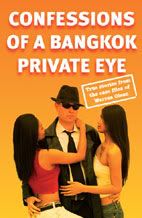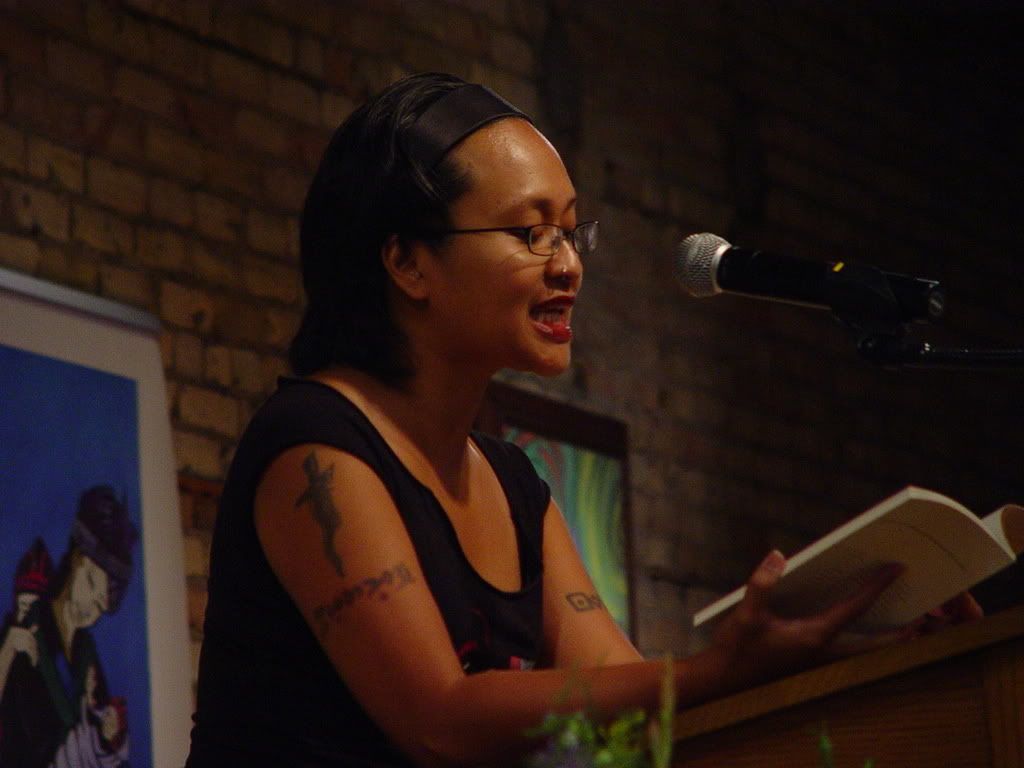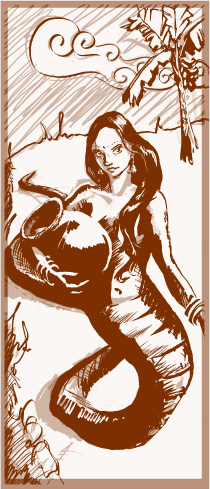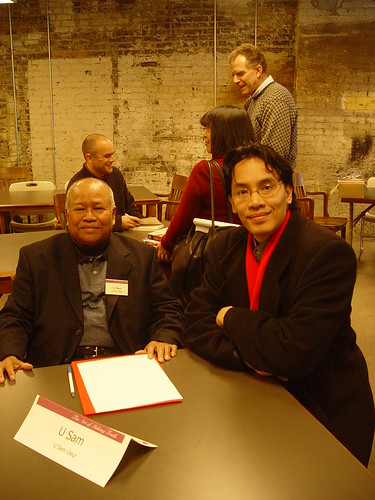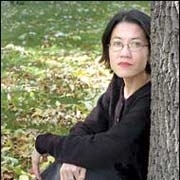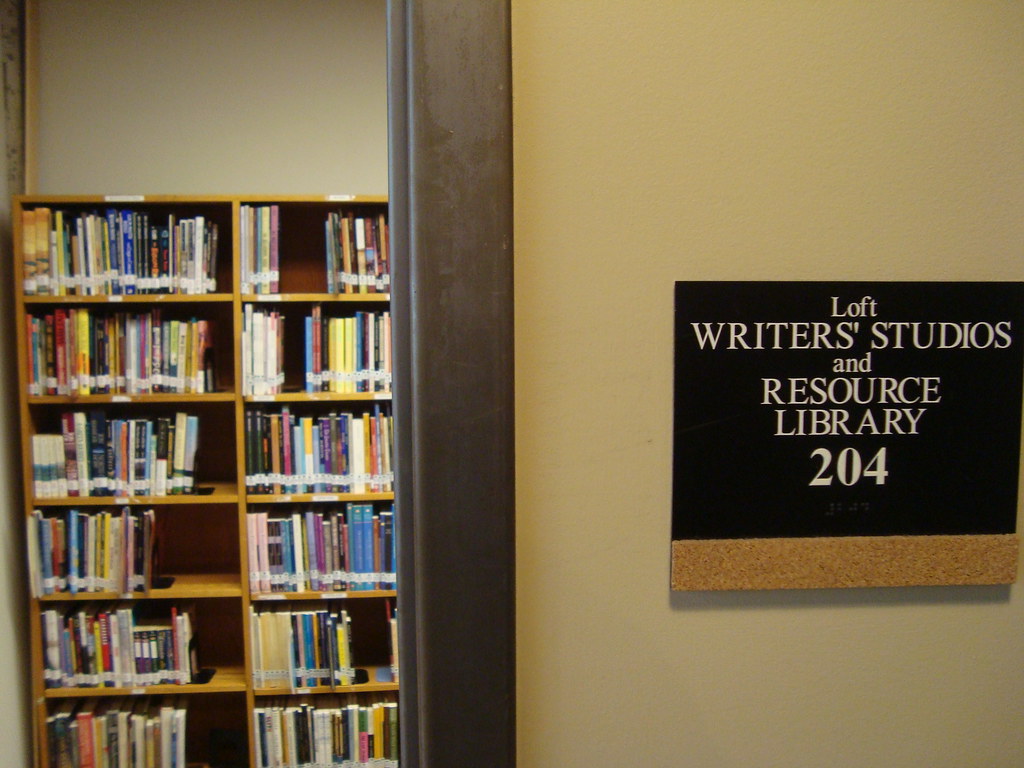For many of the Southeast Asian refugee communities, this marks 30 years since we began arriving in the US from the various refugee camps of Malaysia, Thailand, the Philippines, Hong Kong, and Indonesia. During the late 1970s this was an era of immense uncertainty as we had to determine what to keep and what to leave behind.
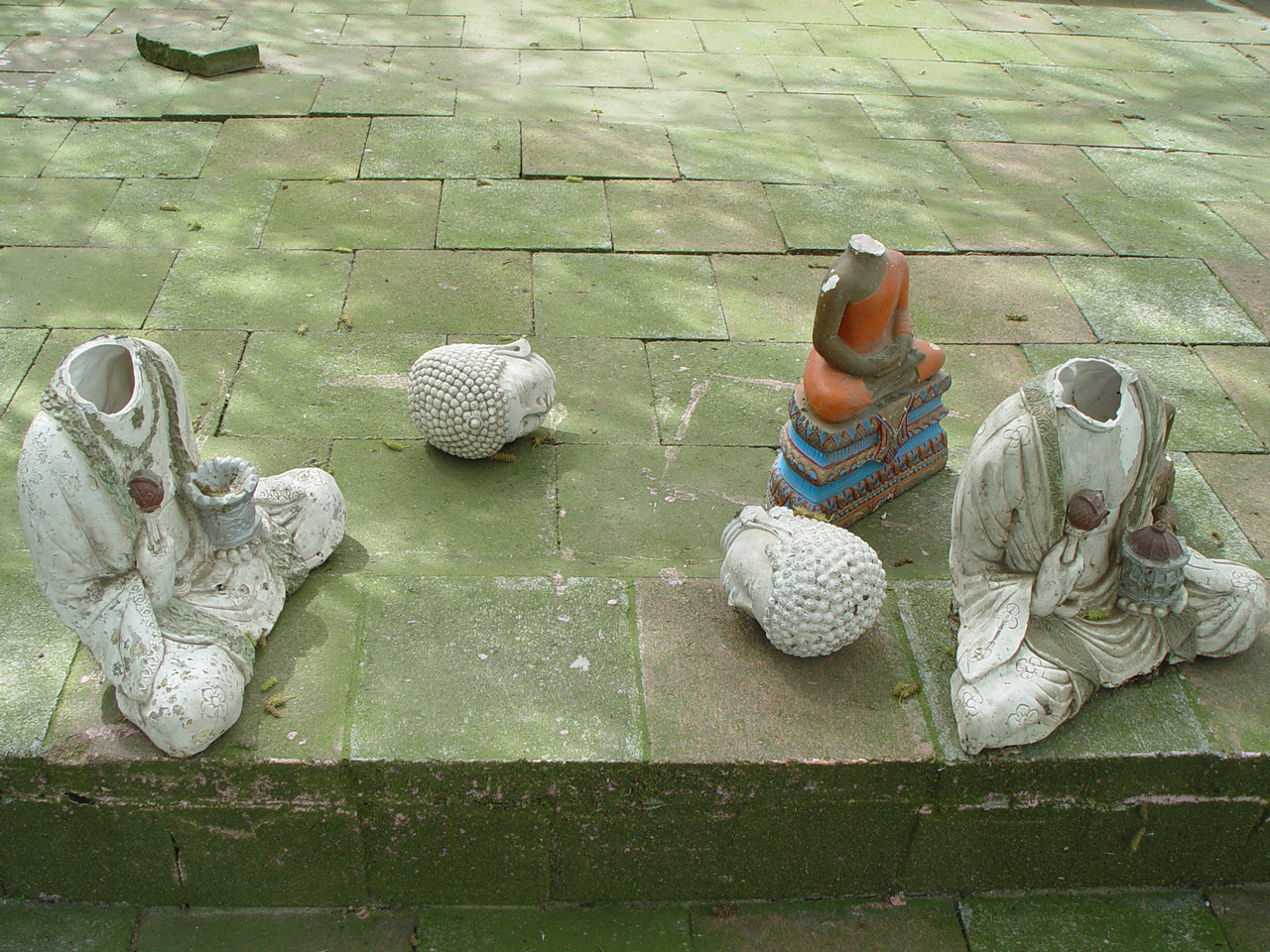
We've since seen families scattered across Europe, Australia, Canada, the United States, even French Guyana, trying to rebuild their lives. And tragically, we've seen many stories lost.
The poet Souvankham Thammavongsa recently released a book of poems,
Found, which was also turned into
a movie by filmmaker Paramita Nath. The impetus for this book was the story of her discovering her father's notebook that he had kept in the camps, filling it with doodles, addresses, postage stamps, maps and measurements. And nearly 30 years later, he threw it away into the trash, and it was only by chance that she discovered it and recovered it. And from that, she also felt the need to respond to it, creating a body of poems that needed to be heard.
But I know, around the world, there are so many other families who've already thrown away these markers of history, our past, our heritage. They considered these relics, and by unspoken extension, themselves, of no value. It's an annihilation of the deepest significance made all the more ironic by their almost uniform insistence that we preserve and maintain our culture and traditions.
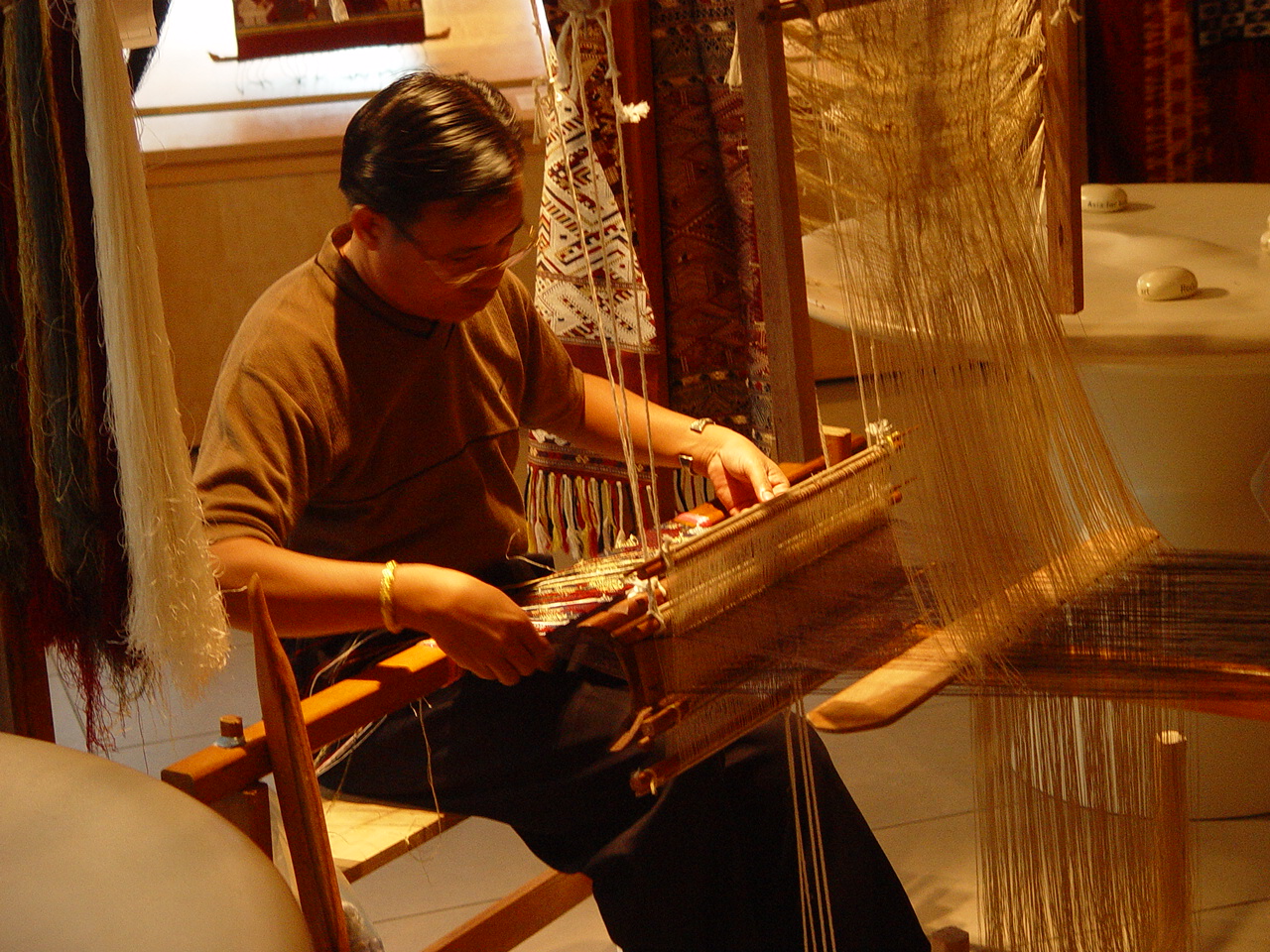
This year we've been in overdrive in the United States during the Census 2010 trying to count our communities. I've also been busy trying to write grants, presentations and articles that will help support our understanding of who the Southeast Asian refugees among us are today. My work is often centered around the idea that we do not all fall into the 'model minority' or 'model immigrant' success stories. But also that our stories are not clean-cut narratives, a 'Theater of the Tragic' or notorious 'Atrocity Olympics' where we're trying to one-up each other by measures of suffering.
Because people love anniversaries divisible by 10s, we're seeing many conferences and spectacles organized around our experience in 2010. So it goes.
And this might be unremarkable, except I've found the current thrust of narrative we've been taking troubling.
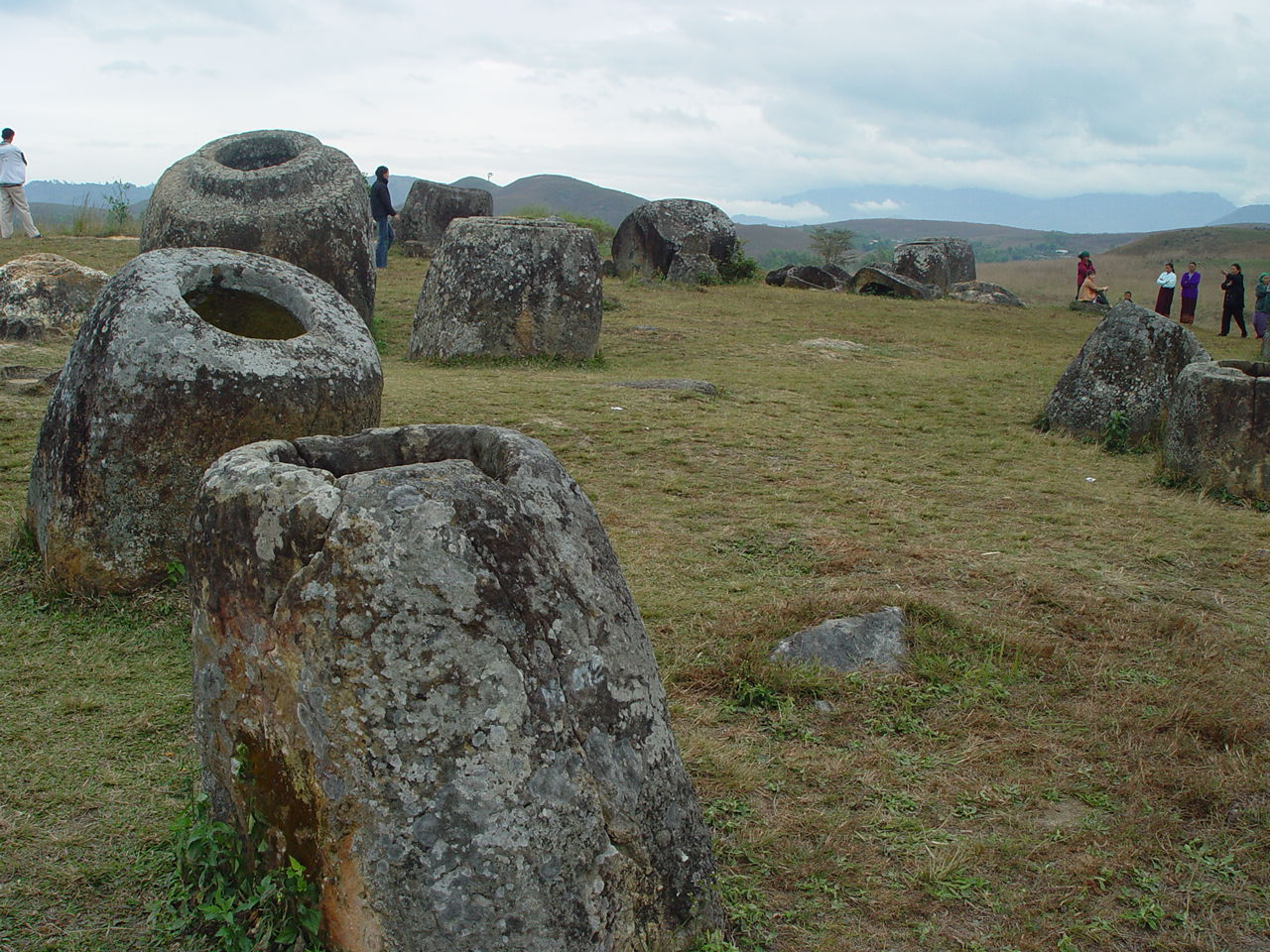
Too often, I'm seeing efforts that are inexplicably trying to streamline the story to make it 'understandable' and to reduce the complexity of these moments. They neglect to discuss the role of Australia and Koreans during the wars of Southeast Asia.
Regarding Laos, it's often reduced to a story of the Hmong, Lao and clandestine American paramilitary advisors fighting against the North Vietnamese and Lao, when the reality is, there were MANY ethnic groups involved, including Khmu, Tai Dam, Mien, Nung and Thai, just to name a few.
In Vietnam, US special forces organized the Bahnar, Jarai, Koho, Manong, and Rhade among other tribes collectively referred to as the Montagnards to advance South Vietnamese and allied interests.
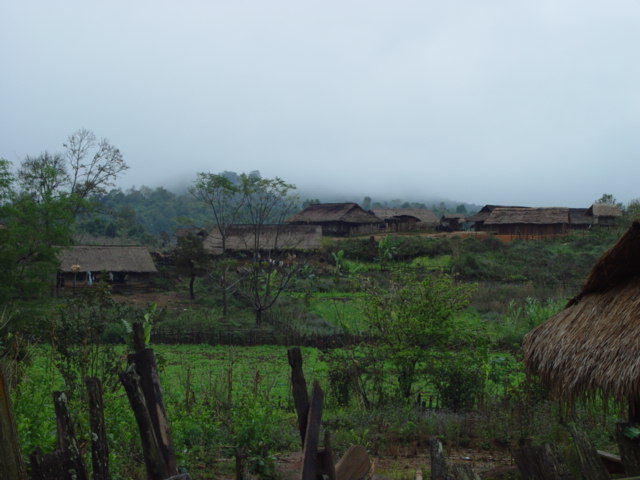
It's been 35 years since the war officially ended for the US on April 30th, 1975. I've been honored to hear the stories and reflections of many of the veterans and families involved in these conflicts. I've seen their extraordinary contributions and generosity to the United States and understanding of that era when so much was deliberately obfuscated or classified. I've watched their children grow up, many surmounting extraordinary challenges and discouragement both from our own community and externally.
As I watch the arguments unfolding over the Texas textbooks that seek to functionally deny the contribution of our communities in defending the lives of American servicemen and our roles in shaping the present world, I understand the intentions of some who think history is best served with a compact narrative that simplifies our collective heritage. But I disagree.
I dissent, and I encourage all our communities to present their stories as they truly are. After 35 years, those who've survived, those who remain have surely earned the right to be what we all fought for. Free, without shame. Called what we wish to be called. Names, not abstract numbers.
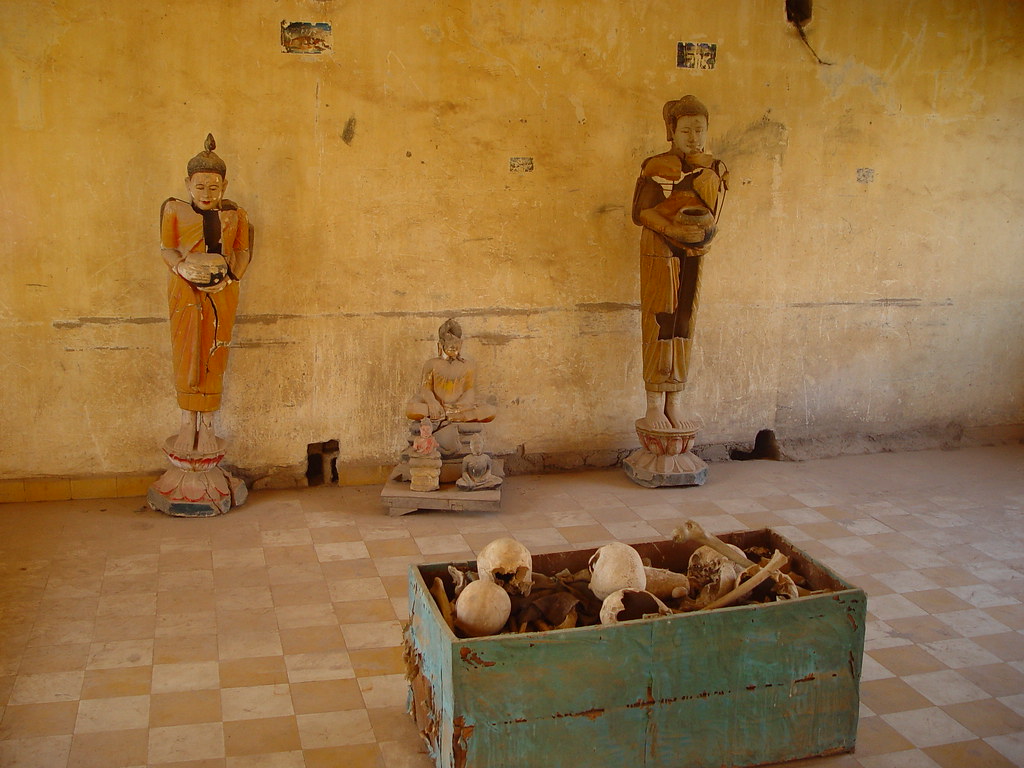
As I look at the images of the anonymous victims of the Killing Fields of Cambodia, the majority of whose stories we shall never know, never recover, justice, reconciliation and healing to me requires an honest accounting, a restoration of identities.

In the past, there are those who've feared 'Balkanization' and the disintegration of national identity by people's unwillingness to relinquish their roots and surrender any claim to their past. I think the greater conflicts, the more tragic loss emerges from our deliberate blinding of ourselves. When we taint the record in the name of expedience, for convenient economic gain, we commit the deepest of betrayals, an unforgivable affront to truth.
I would not wish to face our descendants who will ask: "What did you do to our heritage?" if we continue on a systematic destruction of our own true story.



